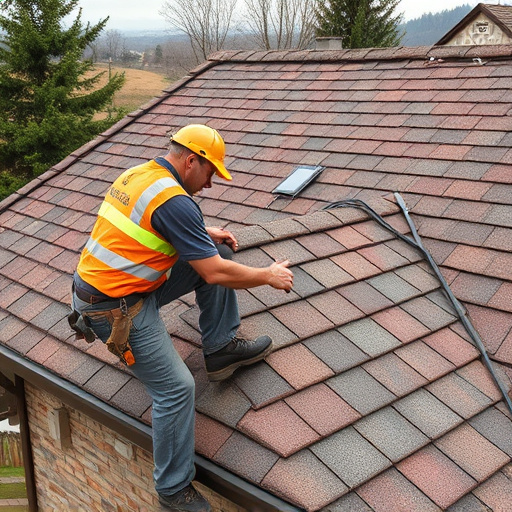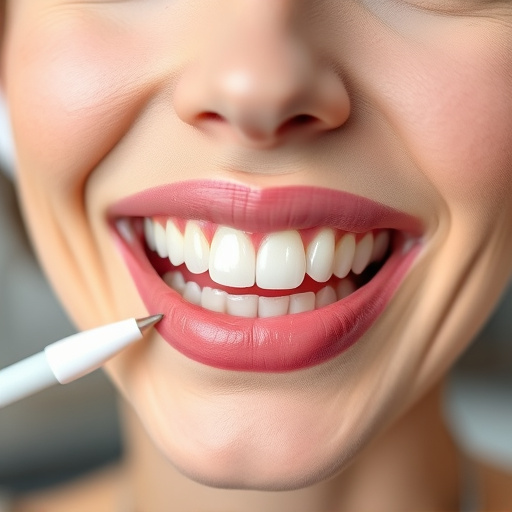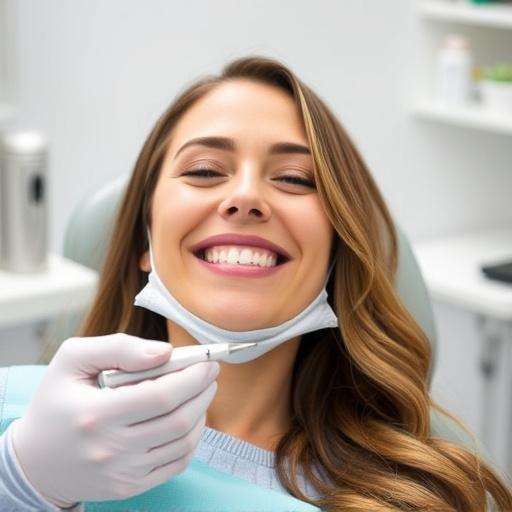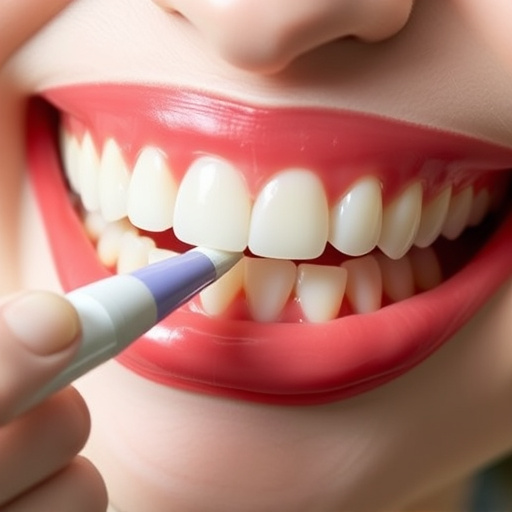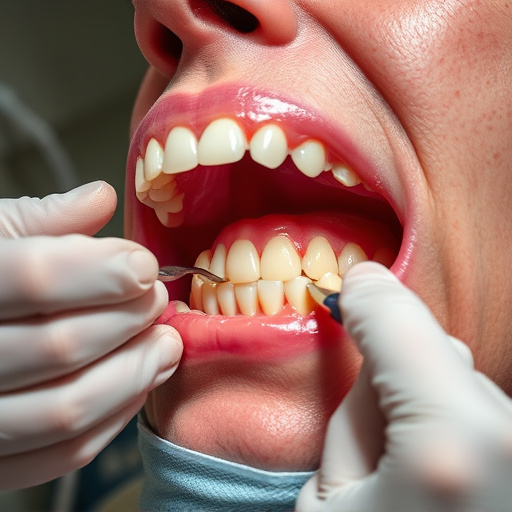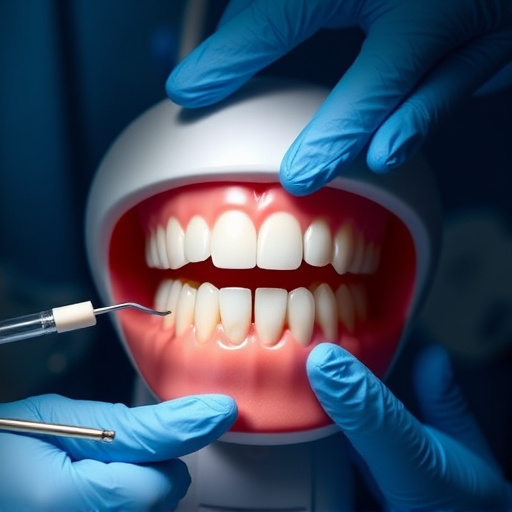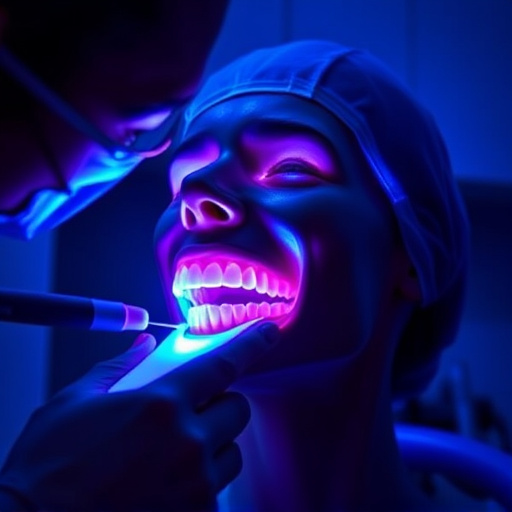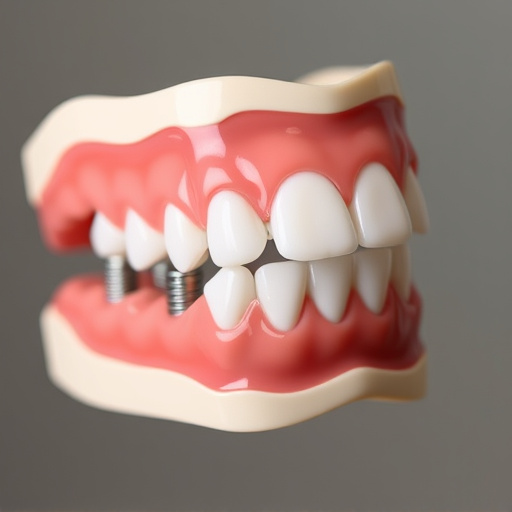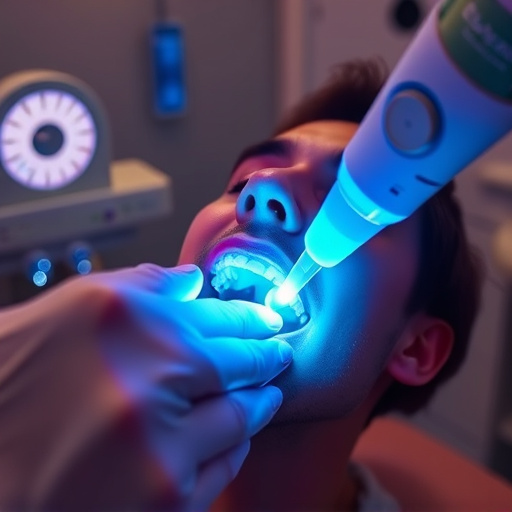Sleep apnea, a global disorder affecting millions, disrupts sleep with breathing pauses. Caused by structural issues or relaxed muscles, it leads to symptoms like heavy snoring and morning headaches. Untreated sleep apnea increases risk of serious health problems. Dental clinics are now key contributors to sleep apnea treatment, offering accessible solutions alongside traditional dentistry. Advanced options include clear aligners and customized oral appliances, providing effective, comfortable care that addresses both oral health and breathing difficulties. Regular dental check-ups facilitate early detection and comprehensive patient care.
Sleep apnea, a common yet often undiagnosed condition, affects millions globally. It’s characterized by pauses in breathing during sleep, leading to disrupted rest and potential health risks. This article explores the expanding landscape of sleep apnea treatment options available in dental clinics. We delve into the causes and symptoms, highlighting the crucial role dentists play in diagnosis and various advanced treatments offering improved quality of life for patients. Discover how these innovative approaches are revolutionizing care for those struggling with this condition.
- Understanding Sleep Apnea: Causes and Symptoms
- The Role of Dental Clinics in Sleep Apnea Treatment
- Advanced Treatments and Their Benefits
Understanding Sleep Apnea: Causes and Symptoms
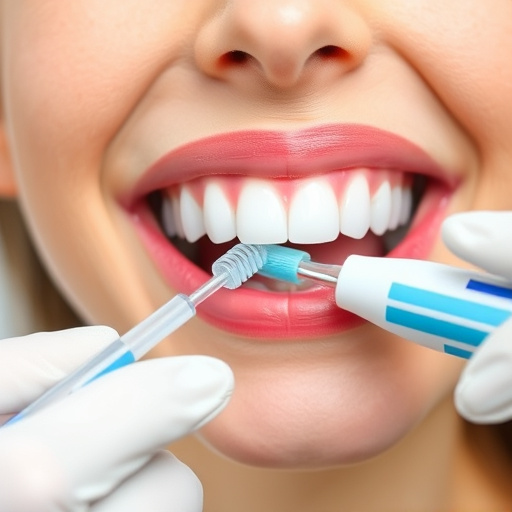
Sleep apnea is a common yet serious sleep disorder that affects millions worldwide. It’s characterized by brief pauses in breathing during sleep, leading to reduced oxygen levels and disrupted sleep cycles. These pauses can occur numerous times each night, often going unnoticed until significant health issues arise. Understanding the causes of sleep apnea is key to effective treatment. It can result from various factors, including structural abnormalities in the upper airway, excessive throat tissue, or relaxed tongue muscles that block the airway.
Symptoms manifest during sleep and may include heavy snoring, frequent gasping or choking episodes, and morning headaches. Sleep-deprived individuals might also experience daytime fatigue, irritability, and difficulty concentrating. Left untreated, sleep apnea increases the risk of developing serious health conditions such as high blood pressure, heart disease, and cognitive impairments. Recognizing these symptoms is essential for seeking appropriate treatment, which can range from lifestyle changes to specialized medical procedures, including family dentistry interventions like wisdom tooth removal in severe cases.
The Role of Dental Clinics in Sleep Apnea Treatment
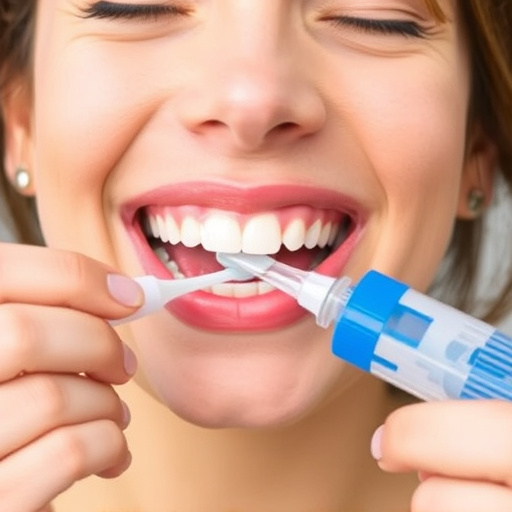
Dental clinics have emerged as important players in the expanding landscape of sleep apnea treatment. Traditionally focused on general dentistry and tooth repair, these clinics are now integrating advanced sleep medicine into their services to address this common yet often undiagnosed condition. Sleep apnea affects millions globally, leading to significant health complications if left untreated.
By incorporating specialized sleep apnea treatments, dental professionals offer a convenient and accessible solution for patients. This shift leverages the close examination of the mouth and airway during routine dental check-ups, enabling earlier detection of sleep apnea signs. Moreover, many dental clinics now provide non-invasive therapies like oral appliances, which can effectively manage mild to moderate cases of sleep apnea, as well as complement more intensive treatments. This holistic approach ensures comprehensive patient care, encompassing both oral health and the relief of breathing difficulties during sleep.
Advanced Treatments and Their Benefits
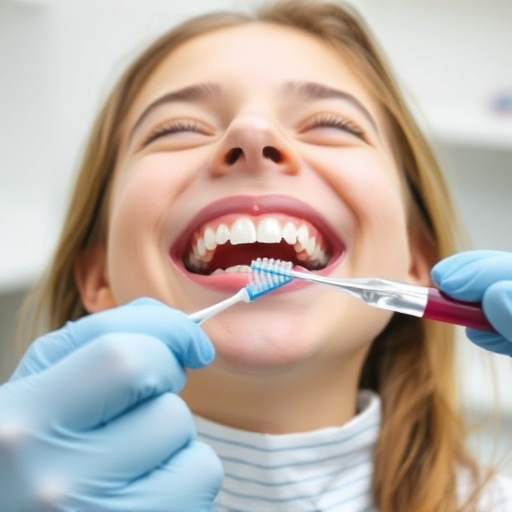
Advanced sleep apnea treatment options have evolved significantly, offering dental patients more effective and comfortable solutions. One notable development is the integration of clear aligners, which are virtually invisible braces that gently reposition the jaw to open the airway during sleep. This minimally invasive approach not only treats sleep apnea but also enhances overall oral aesthetics, making it a popular choice for those seeking both functional and cosmetic improvements.
Additionally, general dentistry practices are now incorporating advanced techniques like customized oral appliances and even cosmetic fillings as part of their sleep apnea treatment regimens. These innovative solutions provide benefits beyond just improving airflow, including reduced discomfort, increased compliance due to improved patient comfort, and the potential for enhanced dental health through regular check-ups and maintenance within a comprehensive dental care setting.
Sleep apnea, a common yet often undiagnosed condition, is gaining more attention in dental clinics due to the expanding array of treatment options. From traditional mouthguards to advanced therapies like CPAP machines and oral surgery, dental professionals are now equipped to provide comprehensive care for those affected. By integrating these innovative treatments into their practices, dentists play a vital role in improving patients’ sleep quality, overall health, and daily lives, making sleep apnea treatment more accessible and effective than ever before.





